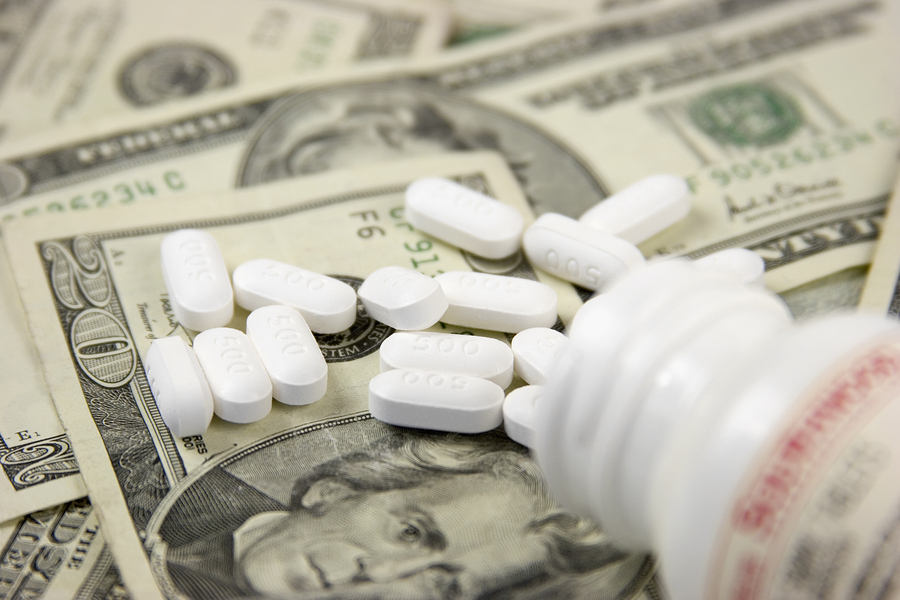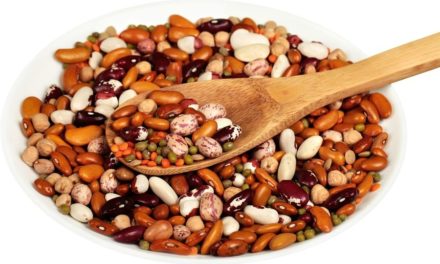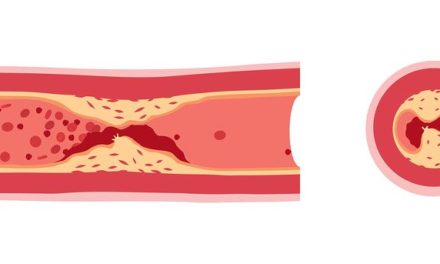The fact that medical journals sell advertising to drug companies creates a bias against natural products. Is there any better way to corrupt scientific findings than money? A recent study appearing in BMC Complimentary and Alternative Medicine (2008 Apr 9;8:11) looked at the amount of drug company advertising in individual journals and compared it to the content in the journal pertaining to nutritional supplements. The journals with the most advertising from drug companies had the fewest articles about nutritional supplements, and articles about supplements tended to be negative.
Richard Smith, former editor of the British Medical Journal (BMJ), publicly criticized his former publication, saying that they were too dependent on advertising revenue to be considered impartial. One-third of the studies published in the BMJ are funded by the pharmaceutical industry. Smith estimates that between two-thirds to three-quarters of the trials published in major journals — Annals of Internal Medicine, Journal of the American Medical Association, Lancet and New England Journal of Medicine — are also funded by the pharmaceutical industry. Trials are so valuable to drug companies that they will often spend upwards of $1 million in reprint costs (which are additional sources of major revenues for medical journals). Consumers trust medical journals to be the impartial and “true” source of information , but money from big pharma influences both drug trials and medical journals.
Click for link to a Washington Post article on this subject






